Urgent Need to Address the Healthcare Crisis Among Rural Elders
Dr. Simarpreet Sandhu, General Secretary of the Asian Society of Oral and Maxillofacial Pathology and Chairperson of FICCI FLO, highlights the pressing need to tackle the healthcare crisis faced by elderly individuals in rural areas.
A silent crisis is unfolding in Punjab’s rural regions, where the elderly struggle to access basic healthcare. Many have been left behind as younger generations migrate, while an overburdened healthcare system fails to meet their needs. With little to no support, they battle chronic illnesses, frailty, and loneliness in near isolation.
The Overlooked Elderly Population
Despite significant advancements in urban healthcare, rural elders remain largely invisible. They suffer from hypertension, diabetes, arthritis, and other chronic conditions, often undiagnosed due to inadequate medical access. A lack of proper nutrition, low health awareness, and limited medical intervention worsens their conditions.
Moreover, the absence of specialized geriatric care, financial constraints, and mobility challenges leave many without treatment, forcing them to rely on home remedies or unqualified practitioners.
Mental Health: A Growing Concern
Beyond physical ailments, mental health issues among the elderly are also alarmingly prevalent. Loneliness and depression are widespread, while conditions such as dementia and Alzheimer’s often go unnoticed, further isolating the affected individuals.
Financial insecurity further limits their access to medical care, making even basic treatment a luxury many cannot afford.
Bridging the Healthcare Gap
Transforming geriatric care in rural areas is not an option—it is a necessity. Many elderly individuals lack access to essential services, such as:
- Eyeglasses and cataract surgeries
- Routine medical check-ups
- Diabetes screenings, ECGs, and blood pressure monitoring
- Consultations with specialists
The lack of these basic healthcare services exacerbates chronic illnesses and reduces overall quality of life.
A Multi-Faceted Solution is Needed
To address this growing crisis, a comprehensive and collaborative approach is essential. Key strategies include:
- Strengthening geriatric healthcare services through specialized centers and trained medical professionals.
- Leveraging telemedicine to connect rural elders with healthcare providers.
- Deploying mobile health units to reach remote areas.
- Raising awareness about elderly healthcare needs and available resources.
- Implementing financial aid programs to help seniors afford medical treatment.
- Introducing policy-level interventions to prioritize geriatric care in rural health infrastructure.
Community Support: A Vital Component
Community-based initiatives can also play a significant role. Volunteer programs, support groups, and local care services can help bridge social and emotional gaps, ensuring that aging in rural areas is no longer synonymous with neglect.
A Call to Action
The time for action is now. Government bodies, healthcare providers, and community organizations must come together to build a sustainable framework that ensures dignified aging for rural elders.
By prioritizing geriatric care, training healthcare professionals, and fostering community support, we can create a future where Punjab’s elderly are not left behind—but instead, valued, cared for, and empowered.

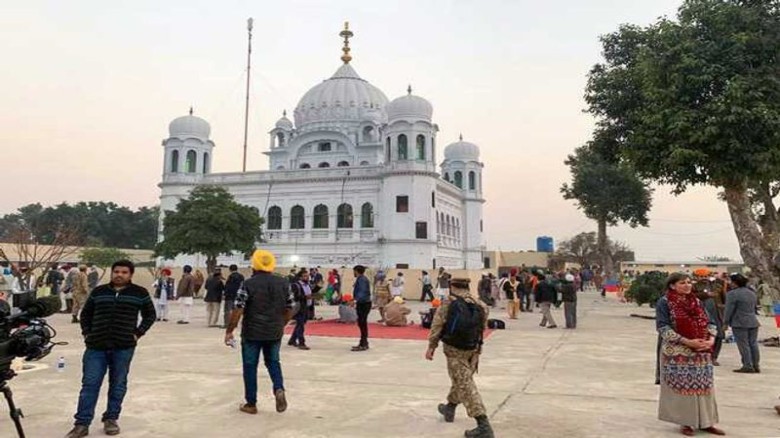
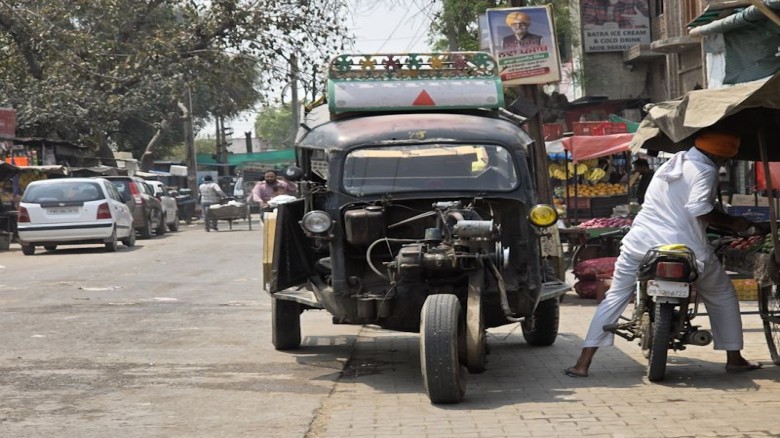

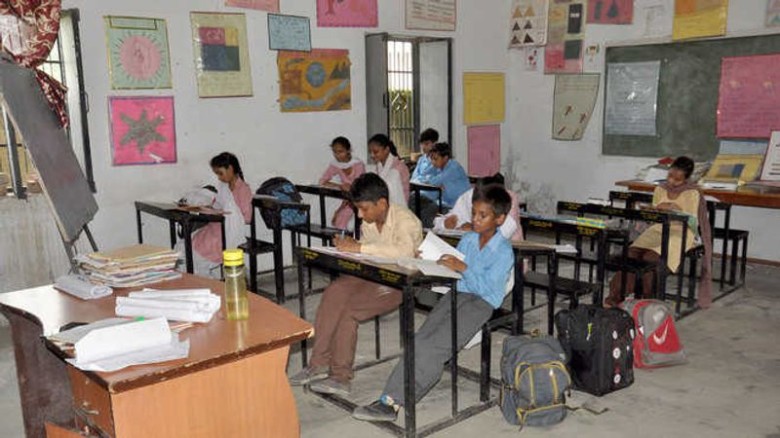















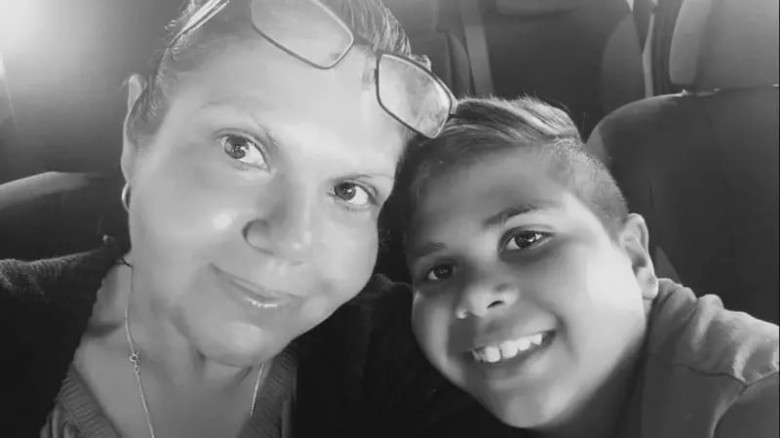
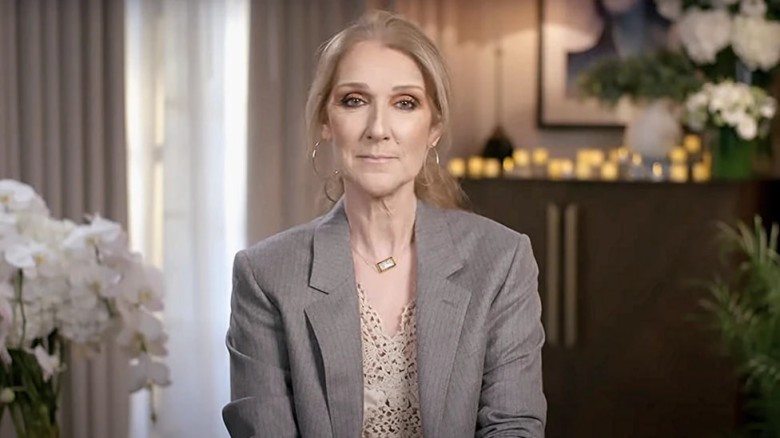



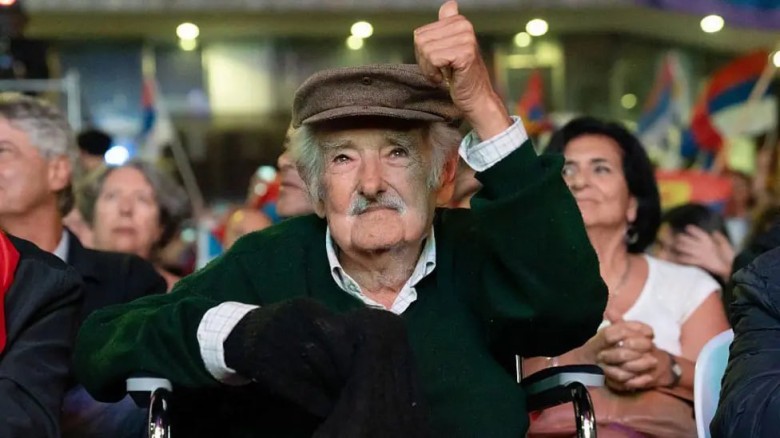
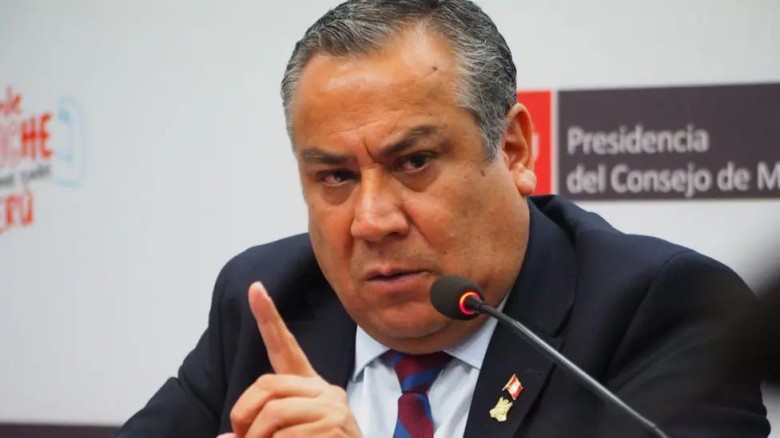

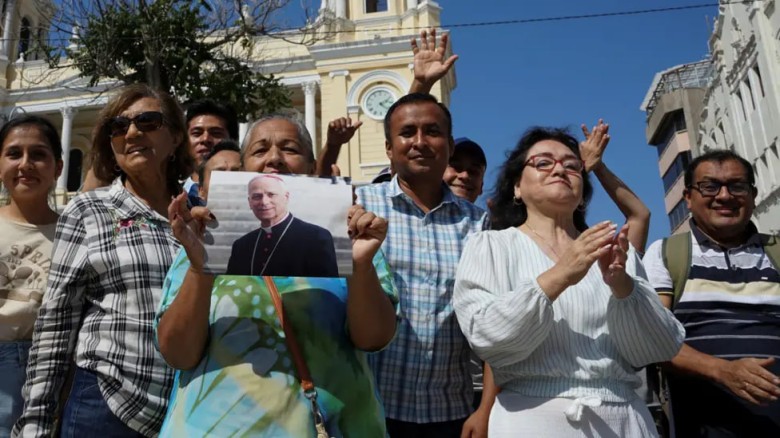










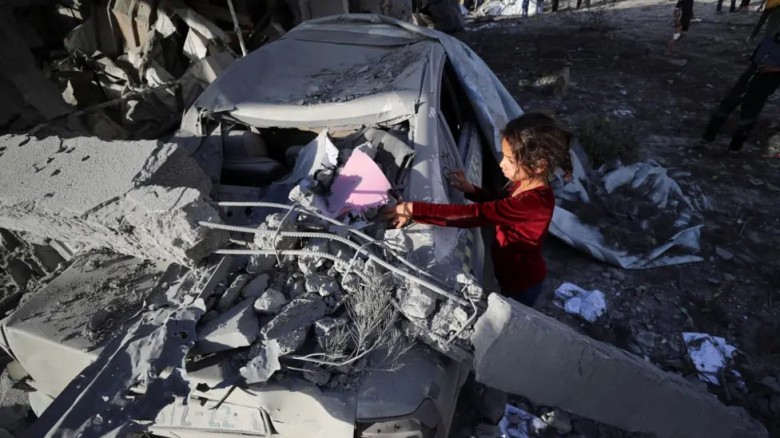
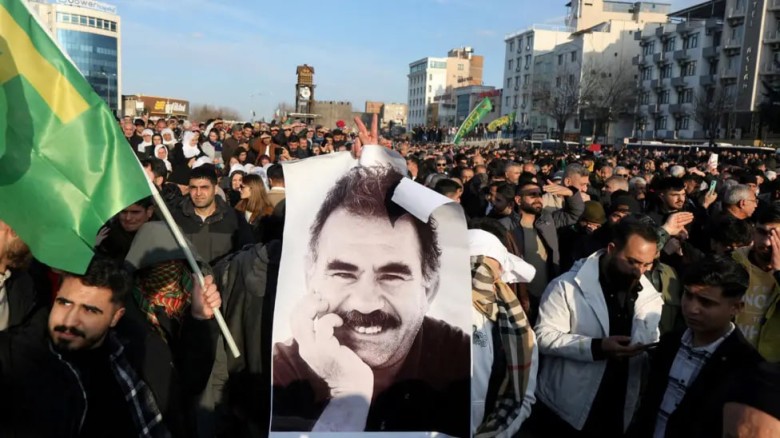
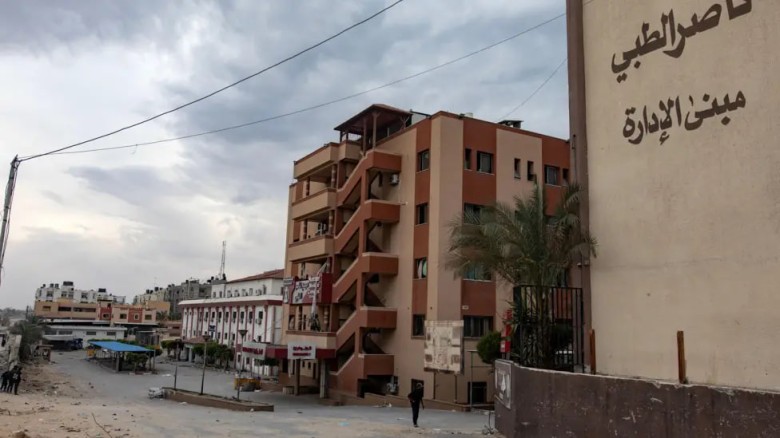







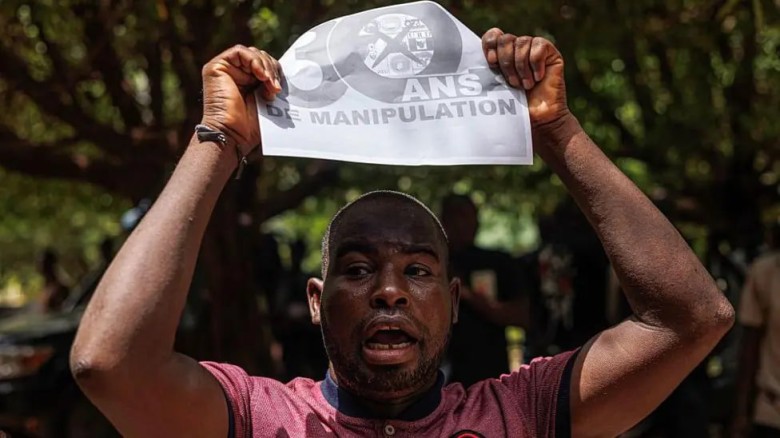


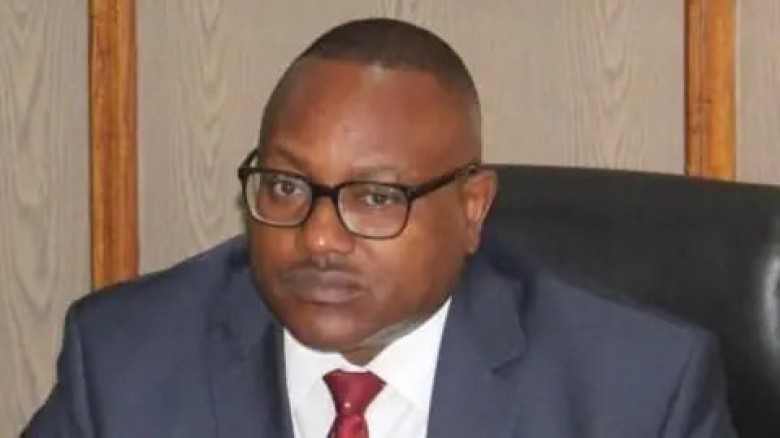

















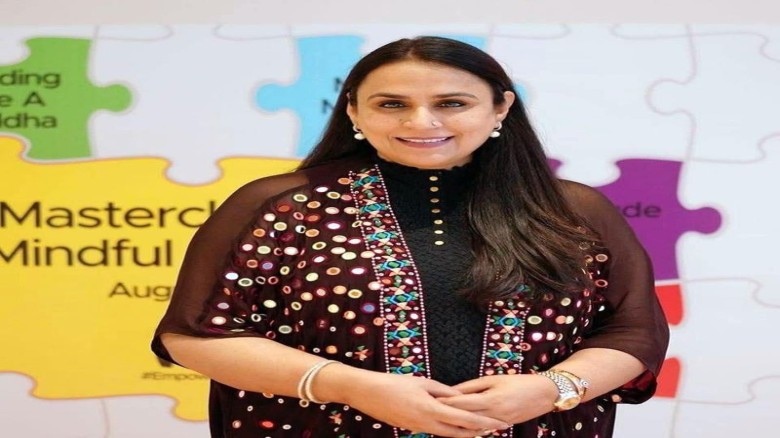


Leave A Comment